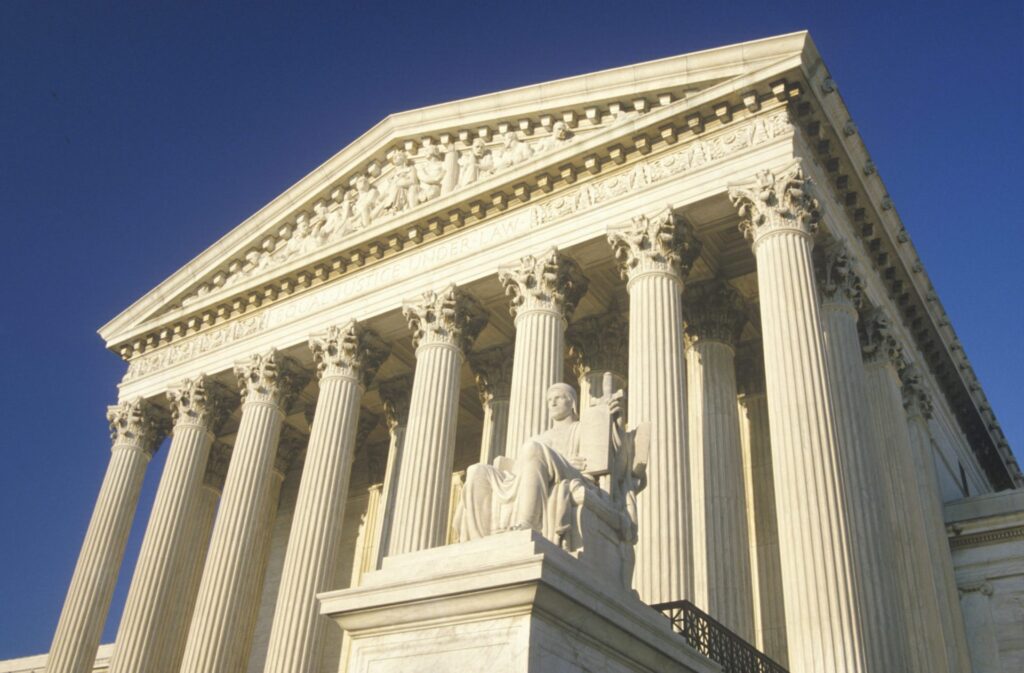In our last blog post, we started talking about a recent Supreme Court case that made a massive expansion to one of the exceptions to the exclusionary rule. Here, we’ll go over exactly why the Court decided the case the way it did.
The Attenuation Exception in Utah v. Strieff
In the case that the Supreme Court just decided, Utah v. Strieff, a police officer committed an unreasonable seizure – detaining a man when there was not even a reasonable suspicion that he had committed a crime. This violated the Fourth Amendment. Only after detaining the man, Mr. Strieff, and demanding to see his identification did the police officer find that there was a warrant out for his arrest. Only after arresting Mr. Strieff did the police officer find evidence of a crime – drug possession.
Typically, evidence found because of a Fourth Amendment violation is excluded from trial. However, there are exceptions to this rule, and the question that this raised was whether the discovery of the evidence – the drugs – fell into one of these exceptions, the attenuation exception, by being sufficiently removed from the constitutional violation.
The Supreme Court Expands the Attenuation Exception
Unfortunately, according to the Supreme Court, the answer to this question was yes, the evidence was far enough away from the constitutional violation that it did not have to be excluded from trial.
To explain its decision, the Court said that it was because the officer’s initial unlawful stop was not a “purposeful or flagrant” violation, and that, once the officer realized there was a warrant for Mr. Streiff’s arrest, all of his subsequent actions were “ministerial,” and had to happen.
How the Court’s Decision is Wrong
Of course, the Supreme Court’s decision is binding, so we all have to abide by it. However, that doesn’t mean that it can’t be criticized for being flat out wrong.
The first reason for allowing the evidence into trial, despite the exclusionary rule, was that the officer’s unlawful stop was “at most negligent.” Only purposeful or flagrant violations of someone’s constitutional rights, according to the Court, lead to an exclusion of the evidence from trial. Otherwise, there is not deterrent effect on the police. As we’ll see in our next blog post, this is a terrible excuse. Negligent or purposeful, your constitutional rights are still being violated, and any hole in the exclusionary rule actually incentivizes police to shove their way into your life.
The second reason for allowing the evidence of drug possession into Mr. Strieff’s trial was that the warrant the cop found after the unlawful arrest forced the officer’s hand to arrest Mr. Strieff. It seems like the Court is trying to say that it was the existing arrest warrant that got Mr. Strieff into trouble. However, none of this would have happened, if not for the unlawful seizure that started the whole situation. The implications of this aspect of the Court’s decision will also be tackled in our next post.
Criminal Defense Attorney William T. Bly
If you have been charged with a crime in Maine, contact the law office of criminal defense attorney William T. Bly online or at (207) 571-8146.


